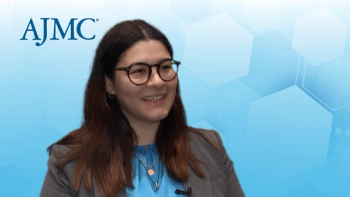
Enfortumab vedotin with or without pembrolizumab offers disease control benefits for patients with upper tract urothelial cancer, said Evangelia Vlachou, MD, of Johns Hopkins Medicine.

Enfortumab vedotin with or without pembrolizumab offers disease control benefits for patients with upper tract urothelial cancer, said Evangelia Vlachou, MD, of Johns Hopkins Medicine.
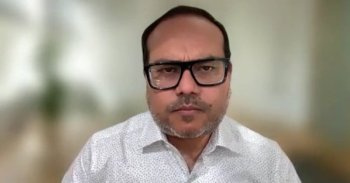
Aditya Bardia, MD, MPH, FASCO, medical oncologist, UCLA Health, discusses findings from the TROPION-Breast01 study on datapotamab deruxtecan for patients with HR-positive/HER2-negative breast cancer.
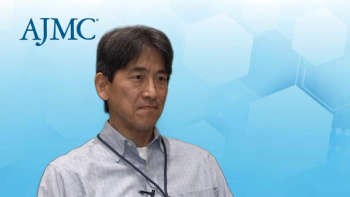
Adding 6 months of neoadjuvant deprivation therapy (NADT) doesn’t seem to add any benefit for patients with intermediate-risk prostate cancer treated with external-beam radiation therapy (EBRT), according to 15-year outcomes presented by Barry Goy, MD, of Kaiser Permanente.
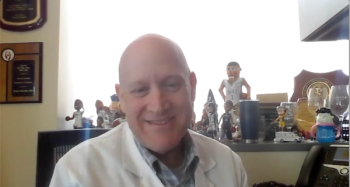
In part 2 of this interview, Michael A. Bernstein, MD, highlights the need for prolonged antibiotics and strong public health measures to combat tuberculosis (TB) at both the individual and population levels.
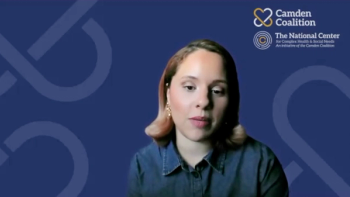
Gladys Antelo-Allen, associate director of education and training at Camden Coalition, dives into the foundational skills in complex care that can enhance provider education and facilitate trusting patient-provider relationships.
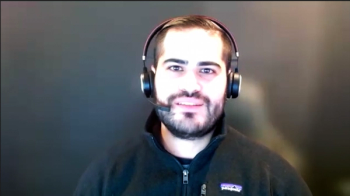
Joshua Kaufman, MD, medical director of Behavioral Health and Medical Integration at Capital District Physicians' Health Plan, outlines the progression of treatment approaches for comorbid schizophrenia and substance use disorder.

Michael A. Bernstein, MD, Stamford Health, addresses common misconceptions about tuberculosis amid the outbreak in Kansas City, Kansas.

For part 3 of our interview with Katie Abouzahr, MD, Johnson & Johnson Innovative Medicine, we discuss the favorable safety and efficacy profile of nipocalimab for generalized myasthenia gravis (gMG).

George Jones of UpScript Health discusses telemedicine's evolution from basic e-prescribing to real-time video consultations, expanding treatment beyond primary care.
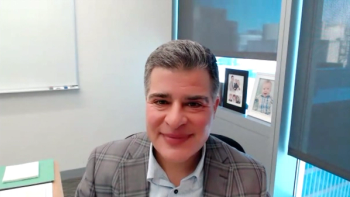
Results from the AZALEA-TIMI 71 phase 2 trial showed great promise for abelacimab to transform care for high-risk patients with atrial fibrillation.
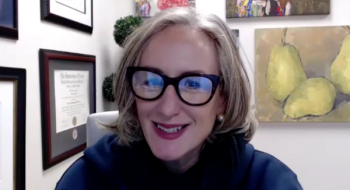
“To error is human, and also to error is in machine learning,” said Debra Patt, MD, PhD, MBA, MPH.
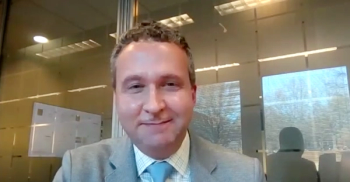
Jeffrey Stark, MD, vice president and head of medical immunology at UCB, discusses tailored dosing of bimekizumab-bkzx (Bimzelx) for various inflammatory conditions, highlighting its 5 FDA approvals and the remaining challenges.

Joshua Kaufman, MD, medical director of Behavioral Health and Medical Integration at Capital District Physicians' Health Plan, discusses the bidirectional relationship between schizophrenia and substance use disorders in an interview.
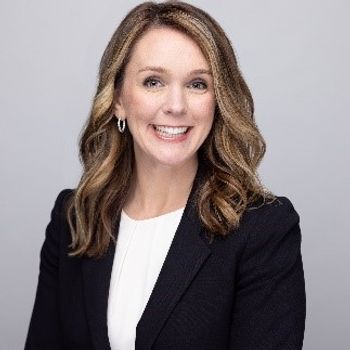
Terra Wonsettler, PharmD, MBA, vice president of pharmacy for Evolent, discusses the recent HHS OIG report that stemmed from the 2021 FDA approval of aducanumab (Aduhelm) and use of the accelerated approval pathway.
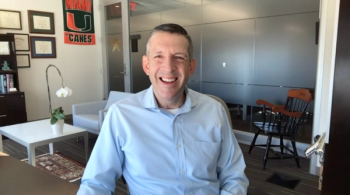
Mikkael A. Sekeres, MD, Sylvester Comprehensive Cancer Center, discusses the potential benefits of treosulfan, a newly approved agent for allogeneic hematopoietic stem cell transplantation (allo-HSCT) conditioning in acute myeloid leukemia (AML) or myelodysplastic syndrome (MDS).
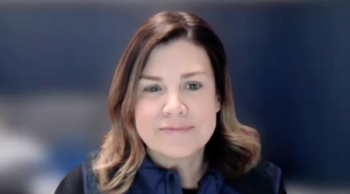
Kim Newcomer, director of volunteers, Colorectal Cancer Alliance, discusses a study conducted with Takeda and the Harris Poll, focusing on the treatment experiences of patients with metastatic colorectal cancer.
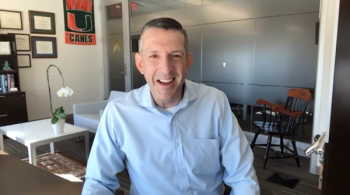
Mikkael A. Sekeres, MD, of Sylvester Comprehensive Cancer Center, University of Miami, discussed data supporting the FDA approval of treosulfan as part of conditioning for allogeneic hematopoeitic stem cell transplantation (allo-HSCT).
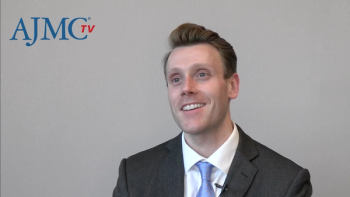
Clayton Irvine, PharmD, MBA, MS, senior manager of oncology care at Mayo Clinic, emphasizes the need for health care providers to balance quality patient care with rising costs by openly discussing financial implications with patients and educating themselves on cost-effective treatments.

Debra Patt, MD, PhD, MBA, MPH, warns that prior authorization barriers are delaying critical cancer treatments and urges a regulatory fix for Stark Law restrictions on mailing oral oncolytics.
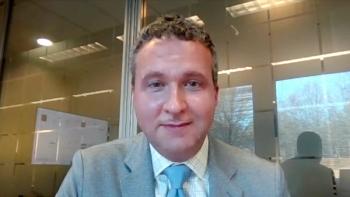
On October 14, 2024, the FDA approved a 320-mg single dose of bimekizumab-bkzx (Bimzelx; UCB) in a 2-mL prefilled syringe and autoinjector; both forms are now commercially available in the US.
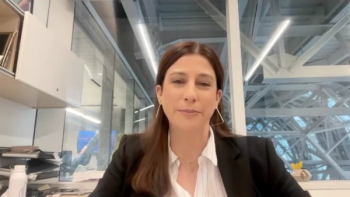
In this interview, chief operating officer and cofounder of Upfront Healthcare, Carrie Kozlowski, OT, MBA, discusses the integration of artificial intelligence (AI) in health care, emphasizing both opportunities and risks.
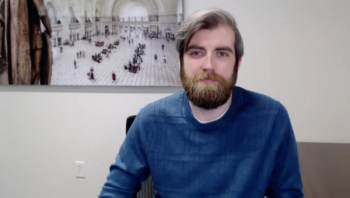
Abandoning efforts to reform payment for cell and gene therapies for Medicaid beneficiaries could allow ongoing access barriers to persist, said Adam Colborn, JD, of AMCP.

Debra Patt, MD, PhD, MBA, MPH, emphasizes advocacy for pharmacy benefit manager (PBM) reform, physician reimbursement, and sustainable policy solutions to improve access to community cancer care.
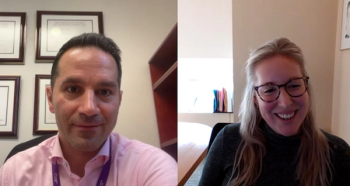
February 4 is World Cancer Day, and in these interviews with our Strategic Alliance Partner, NYU Langone Health, we learn about the importance of forming strong relationships with the communities you are located in and with whom you work to optimize cancer-related outcomes.

On this episode of Managed Care Cast, we speak with Perry N. Halkitis, PhD, MS, MPH, dean of the Rutgers School of Public Health, on the public health implications of the US withdrawal from the World Health Organization and the role of public health leaders in advocating for science and health.
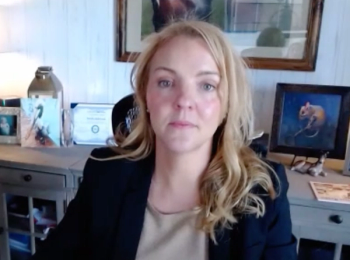
Sarah Anderson, oncology strategy lead director, Novotech, discusses the significance of triple-negative breast cancer research in the Asia-Pacific region, and the importance of clinical trial diversity in this region.

Gladys Antelo-Allen of Camden Coalition discusses a new skills lab offering accessible learning modules with 12 microlessons on best practices for approaching complex care.

Adam Colborn, JD, of AMCP, discusses the complexities of drug pricing and what policymakers must consider in efforts to reduce prices and increase access.

Travis Brewer, vice president of payer and public health strategy/relations at Texas Oncology, shared that value-based oncology care can achieve both cost efficiency and high-quality outcomes through integrated multidisciplinary teams, flexible payment models, and targeted treatment approaches.
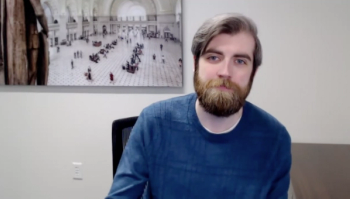
Adam Colborn, JD, of AMCP, discussed how President Trump's rescission of several Biden-era executive orders may impact Medicaid and Medicare initiatives.

259 Prospect Plains Rd, Bldg H
Cranbury, NJ 08512
© 2025 MJH Life Sciences®
All rights reserved.
